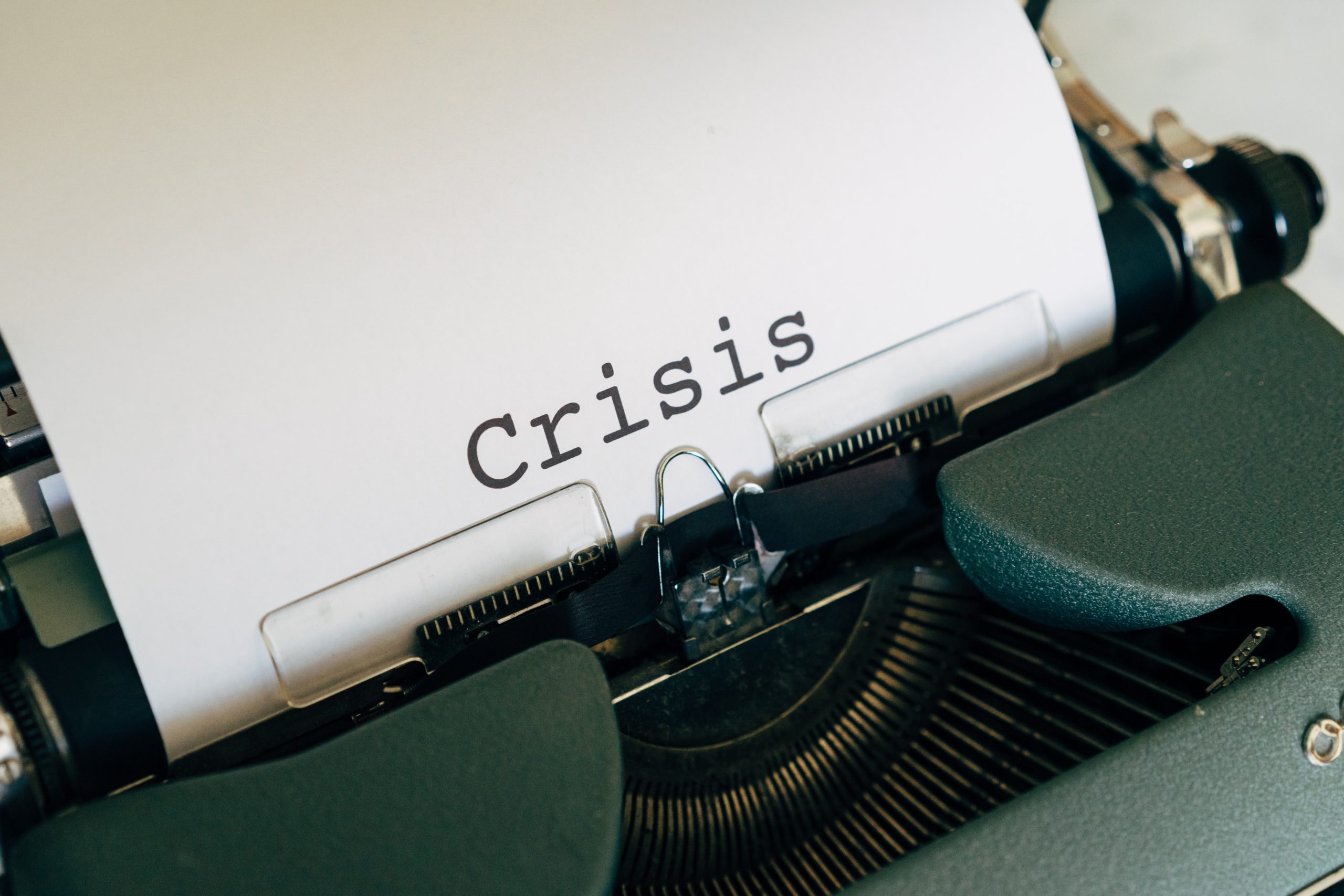As we’ve discussed elsewhere, crisis is the new normal, and organisations that fail to identify threats within their sector, and those outside of it like COVID-19, are running run an enormous risk with their brand that can end up destroying it.
With businesses and organisations often spending more on branding and marketing than the cost of actually producing a product or service, the idea that you can leave your brand vulnerable to threats is insane; the modern day equivalent of not insuring your property, vehicles, or stock.
As crisis media specialists, the following are five essential brand reputation decisions you need to take right now to protect your organisation’s reputation.
What’s a crisis media audit?
Understand the risks to your industry and broader risks that could impact you. If you’re looking after highly vulnerable people in aged care, some obvious risks there are worker screening, worker safety, client safety, contractor induction, service delivery under COVID conditions, use of PPE, COVID cases, and cluster protocols. The list should be extensive.
Understanding what the threats are will help you to identify blind spots in your operation and put in place correctives and set the standards you want to reach as (hopefully) an industry leader.
How to assemble a crisis media team?
Should a crisis arrive on your doorstep, you don’t want to be spending valuable minutes and hours cobbling a team together, designating a spokesperson with no media training to face a press pack, and creating messaging on the fly during a highly stressful time.
Ideally you do this in advance and everyone understands their role should a crisis be triggered. You will ideally have: a CEO or Board member appointed as spokesperson and media trained; a Media Manager; an Operational Manager; and a People and Culture Manager. If you don’t have those resources you can contract the services of a Crisis Media Consultant on a retainer to act as the media liaison which is not only affordable, it can be extremely helpful when the pressure is high and there’s lots to be done by the crisis media team in the heat of the moment.
What’s a crisis media plan?
Having done a 360 degree audit of risks and identified them, you’ll need to produce preparatory statements in the form of holding statements to go live on your website once a crisis is initiated, or media releases to be sent proactively to a preferred media partner who you believe will give you the best media treatment.
Remember, if you don’t engage the media in a breaking story, someone else will, and often that is the victim or victims. It’s not a good look to be evasive during a crisis, which can make you look inept, disorganised, or uncaring and exacerbate the situation. It also means you’re not helping frame the story, someone else is who does not have your interests in mind and possibly quite the opposite.
Whether you go proactive with a media release or reactive with holding statements on your website, your statements should:
- provide the who, what, where, when of an incident,
- extend sympathy to any victims and outline support being provided
- identify allies and trust symbols that you are working with to resolve
- outline what actions you have put in place previously to avoid such a scenario
- state that you continue to work to improve on what’s already in place
- provide further practical support information links
media training
If you’re fronting your organisation in a media interview, either set up by you or in the context of a media pack descending on you, you want to understand and have rehearsed your key messages so you don’t get taken down a messy rabbit hole.
A media trainer will help you craft two simple and clear messages for each scenario, and show you how to pivot or bridge to your message when you get a question that’s off what you want to emphasise. Statements like, ‘That’s not something I can speak to, but what I can say is…’ or ‘Look, the facts are…’ are useful.
What are crisis media simulations?
For those that have a crisis media plan, you need to exercise it periodically to make sure it’s still relevant and everyone is prepared to enact it. In the same way organisations do regular fire drills, you should periodically simulate an emergency and evaluate the weak spots and fine tune your responses accordingly.
You should also review it regularly to make sure all scenarios are ticked off. A crisis media plan from a year ago for example will not have had any COVID content.
How crisis prepared are you?
If you’re wondering how to put a crisis plan in place, contact Good Talent Media, a full service PR agency specialising in Crisis Media, Media Training, PR, and Lobbying.

Tony Nicholls
Founder and Director of Good Talent Media





Recent Comments